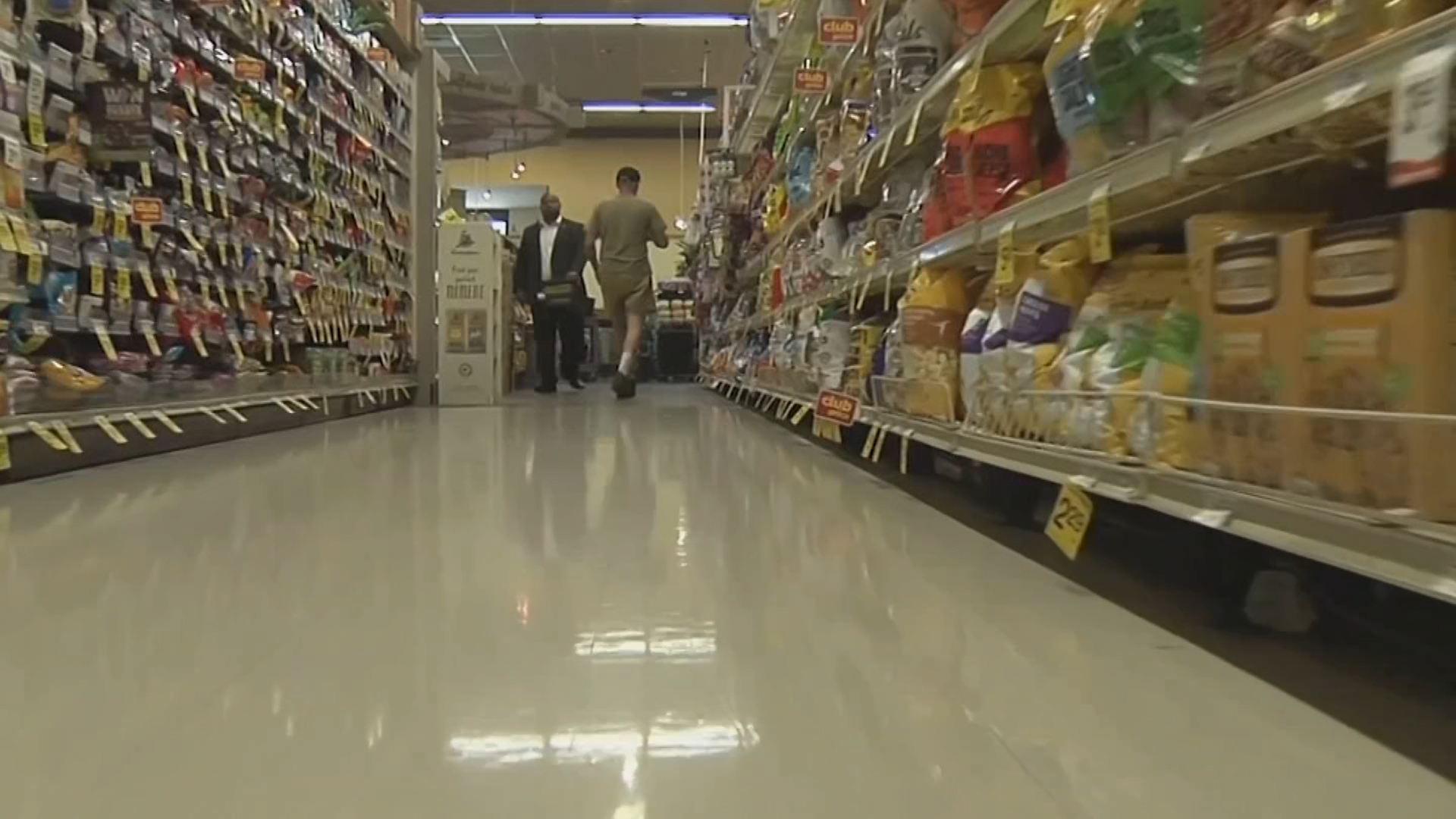Gov. J.B. Pritzker gave his budget address for Illinois Wednesday, proposing steady state spending and an end to nearly $1 billion in corporate tax breaks, but one thing was notably not included: an income tax hike.
The address, Pritzker's third as governor, looked different this year as he spoke virtually from the State Fairgrounds in Springfield - a symbolic location as Illinois enters what it hopes will be the beginning of the end of the coronavirus pandemic, despite the challenges that have come with vaccinations across the state and country.
Standing in the same location where a 100-bed make-shift hospital was once erected to care for patients of the Spanish Flu in 1918, Pritzker emphasized the devastation the coronavirus pandemic has left in its wake, and offered a glimpse at the trying financial future the state now faces.
"The price we’ve paid to save lives has been enormous, and we do not honor sacrifice when we do not recognize it," Pritzker said.
On the heels of his failed graduated income tax proposal and just weeks into Illinois' COVID-19 vaccine rollout, Pritzker revealed plans to avoid an income tax hike, among other cuts that he said won't come without repercussions.
The $41.6 billion operating budget for the fiscal year that begins July 1 is a 4.2% decrease from its predecessor.
“I won’t pretend that these tough decisions don’t have a human impact, because we are operating within one of the most bare-bones government infrastructures in the country,” Pritzker said. “While the right-wing carnival barkers have used our state as a laboratory to undermine essential public investments, the fact of the matter is Illinois state government spends less money per person than the majority of states in this nation.”
Chicago Politics
The failure of the graduated income tax proposal on the November 2020 ballot - an initiative Pritzker ran on in 2018 and strongly advocated for in the years since - presented a challenging landscape for the governor in addressing the state's long-beleaguered finances.
Late last year, Pritzker announced more than $700 million in spending reductions for fiscal year 2021 as the state looked to cope with the projected loss of nearly $4 billion in revenues due to the COVID-19 pandemic.
Pritzker said at the time that a variety of strategies would be used to hit those reduction benchmarks, including a hiring freeze, reductions or freezes in grant money allocations, and operational savings.
Opponents have reason for skepticism. The governor's budget proposal is a far cry from the dire predictions doled out last fall by members of the administration who were campaigning for Pritzker's top priority, a graduated income tax that hit the wealthy harder and which he promised would generate $3 billion more a year without increases in the share paid by 97% of taxpayers. The administration claimed that without the amendment, which was defeated handily, the state spending would demand a tax hike on all payers or across-the-board reductions of up to 20%.
Nonetheless, the blueprint, which on paper turns what was projected in November to be a $3.9 billion deficit in the fiscal 2022 spending plan into a $122 million surplus, makes significant adjustments to Illinois fiscal policy that must withstand legislative scrutiny.
Funding for elementary and secondary education is flat, and would not get the $350 million annual boost pledged in a 2017 school-funding overhaul. But Pritzker aides said education spending would be supplemented by expected federal dollars from a COVID-19 relief package before Congress.
The plan also depends on getting $932 million extra by ending tax breaks for corporations or by “decoupling” from federal tax breaks in those areas. This includes $30 million from reinstating the corporate franchise tax, which Pritzker eliminated in his pre-pandemic first budget of 2019 at the behest of minority Republicans who appreciated his willingness to listen.
Cigarette tax revenue intended to finance the ongoing, $45 billion Rebuild Illinois capital construction plan will be diverted to general spending for a year. Municipalities' share of state income tax will be pro-rated at 90% of the distributive formula — it's fully funded in the current budget — but Pritzker aides say at least some of the loss to cities and counties would be made up by more tax money following corporate tax-break closures.
Republicans were wary this week before the presentation by Pritzker, whom they have pestered for information about spending and possible cuts in various agencies. Democrats have challenged Republicans to offer their own ideas. But Republicans say they can't do that without a more open process, particularly compared with last year, when the Democratic-controlled Legislature delegated spending power to Pritzker.
“We cannot continue to allow Gov. Pritzker independently to provide budget spin to try to support further tax increases, or to make the kinds of threats that we saw in order to push forward a tax increase that Illinois voters overwhelmingly said ‘no’ to," said Rep. Tom Demmer of Dixon, the House GOP's budget negotiator.
Republicans have also criticized the governor for relying on federal funds as Congress has still not yet passed a stimulus package for state governments.
"The Illinois Constitution cannot be more clear about the responsibilities of the executive branch,” House Minority Leader Jim Durkin said in a virtual press conference Monday. “Article 8, Section 2 and 2B say that the governor presents a budget that must balance spending with estimated revenue available for that fiscal year. Estimated revenue, not wishful thinking.”



